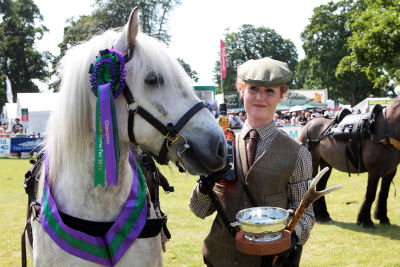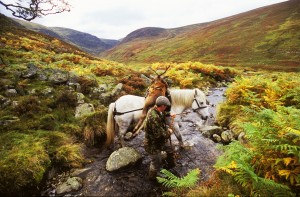Following the first morning of the Scottish Parliament Rural, Climate Change and Environment Committee enquiry into the Review of the impact of deer on Scotland’s natural heritage, Richard Cooke, Chairman of the Association of Deer Management Groups, said that he felt the Committee had been “fair and frank” in its approach.
Questions from the Committee ranged across a number of areas in taking evidence from representatives of both NGOs and land management organisations. Richard Cooke said:
“Clearly there is a broad divergence of opinion on the actual number of red deer in Scotland that we would regard largely as an irrelevance as it is their impact and the carrying capacity of the ground that is important.
“We were keen to impress that this enquiry comes very soon, too soon, after the implementation of the Wildlife and Natural Environment (Scotland) Act and the supporting Code on Deer Management. It was pointed out to the Committee that the Code has not yet had 18 months to bed in, whilst the sector at the same time is engaged with other activities such as developing deer management planning and satisfying new competence expectations.”
Richard Cooke, who is also Chairman of the Lowland Deer Network Scotland, said that Deer Management Groups (DMGs) were well aware of the obligations placed on them by the Act and the voluntary Code and that ADMG is currently addressing improving the effectiveness of DMGs in a number of areas including production of up to date and forward looking deer management plans, a statement of commitment to the Code, and regular well attended meetings with representation of all land management interests and appropriate public agencies.
He said that it was reasonable to expect that every DMG that could benefit from a deer management plan should have one in place in the medium term – 5 years. In summing up, Richard Cooke said:
“ADMG considers that the deer sector has acknowledged the challenge to demonstrate that voluntary deer management as we have now is fit for purpose and, taken as a whole, we are making steady progress in implementing the Code at DMG level. This is evidenced by the majority of DMGs and sub groups that are preparing or reviewing deer management plans and are in the process of bringing deer management and environmental impacts together in implementing habitat assessments.
“DMG meetings must be open to all those with a direct interest in local deer management and ADMG is encouraging member groups to set up liaison arrangements with external interests and local community interests in particular – in response to the Act and the Code, and prior to the implementation of this enquiry. ADMG is therefore confident that, when the Code comes to be reviewed by SNH then good and continuing progress will be demonstrable.”
Also giving evidence for the land management organisations were Scottish Land & Estates and the Scottish Gamekeepers Association. RSPB Scotland, JMT and the Scottish Wildlife Trust gave evidence for the NGOs.




